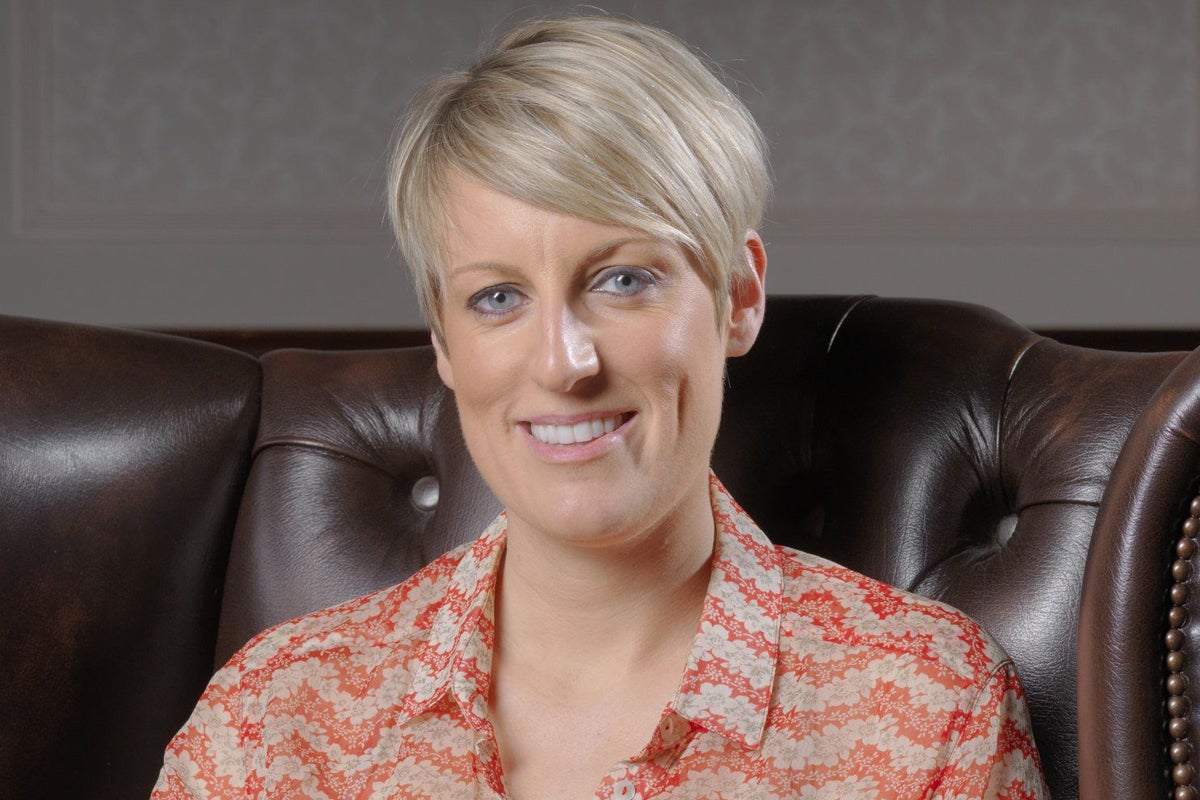BBC presenter Steph McGovern: I'd be paid more if I was 'posher'
‘There are a lot of women who do a similar job to me who are paid a hell of a lot more... who are a lot posher than me’

Your support helps us to tell the story
From reproductive rights to climate change to Big Tech, The Independent is on the ground when the story is developing. Whether it's investigating the financials of Elon Musk's pro-Trump PAC or producing our latest documentary, 'The A Word', which shines a light on the American women fighting for reproductive rights, we know how important it is to parse out the facts from the messaging.
At such a critical moment in US history, we need reporters on the ground. Your donation allows us to keep sending journalists to speak to both sides of the story.
The Independent is trusted by Americans across the entire political spectrum. And unlike many other quality news outlets, we choose not to lock Americans out of our reporting and analysis with paywalls. We believe quality journalism should be available to everyone, paid for by those who can afford it.
Your support makes all the difference.BBC Breakfast presenter Steph McGovern has said the corporation should face questions about class bias.
The Middlesbrough-born presenter, who has a distinctive regional accent, said: "There are a lot of women who do a similar job to me who are paid a hell of a lot more... who are a lot posher than me.”
She added that despite the “significant pay rise” she received during the BBC-wide renegotiation of contracts amid a row over the gender pay gap, her salary was “just now” at six figures.
“Throughout my career I’ve had to argue about [pay],” McGovern told The Sunday Times. “It’s not as simple as a gender issue, it’s partly down to class.”
Though she said she did not blame anyone, in the BBC pay details released last summer it was revealed that of the nine women in the news category earning more than £150,000, seven were privately educated.
McGovern believes all presenters’ salaries should be capped at £150,000.
“We concentrate too much on ethnic diversity and not enough on class. It’s dead important to represent loads of different cultures,” she added.
“But what the BBC doesn’t do enough of is thinking about getting people from more working-class backgrounds. It’s just posh.”
She was quick to clarify to The Guardian, however, that her comments were not meant to imply that the BBC should do less in working to hire and promote individuals from ethnic minority backgrounds, but that considerations of class should also be given focus by the organisation.
“If you focus on class too, then that will bring with it diversity in every sense, not just ethnicity. There shouldn’t just be a focus on ethnicity,” she said.
“A lot of people who talk to me in the street [and] say they like me on telly are people from ethnic minorities, because we’re often from a similar socio-economic background.”
McGovern also stressed the importance of having diversity in regional accents on TV.
She said: “A lot of people in management are from the same background. We’re talking about ‘How do we represent more working-class people?’ when they themselves are not working class. So how do they know?”
She even alleged that a manager had directly told her she was “too common” to be a BBC presenter.
A BBC spokesperson said: “More than 80 per cent of the BBC’s workforce was educated in state schools and the BBC is more diverse than it has ever been. The BBC has a clear commitment to finding and developing new talent.”
“We offer hundreds of apprenticeships to ensure the BBC is open to people from all backgrounds and a range of programmes to help people develop their career once they’ve joined, but there’s always more to do and we have an ambitious diversity strategy which sets out our commitment to fully reflecting and representing the whole of the UK.”
Follow Independent Culture on Facebook for all the latest on Film, TV, Music, and more.
Join our commenting forum
Join thought-provoking conversations, follow other Independent readers and see their replies
Comments